Armenia Dairy Productivity DIB
Aligned SDGs
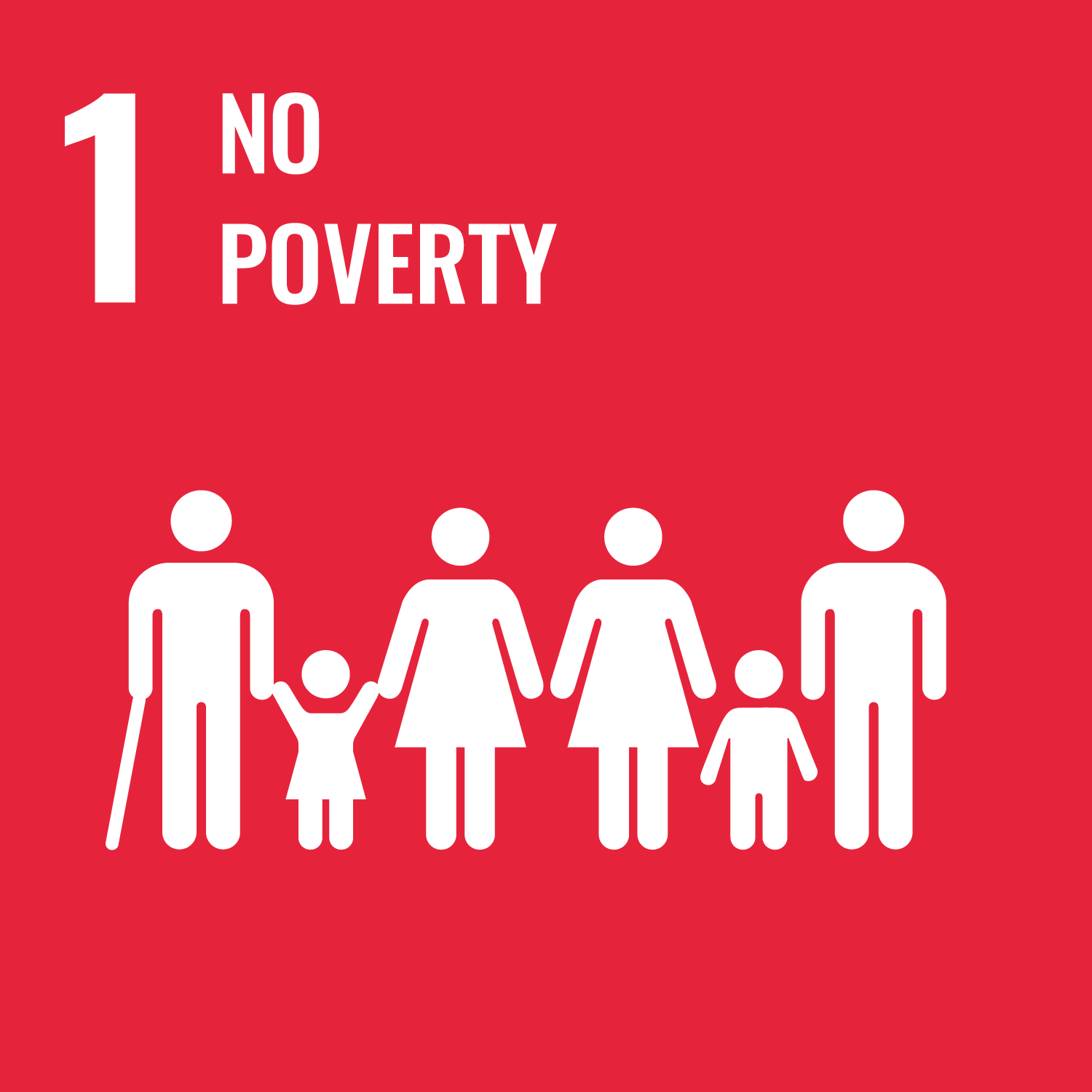
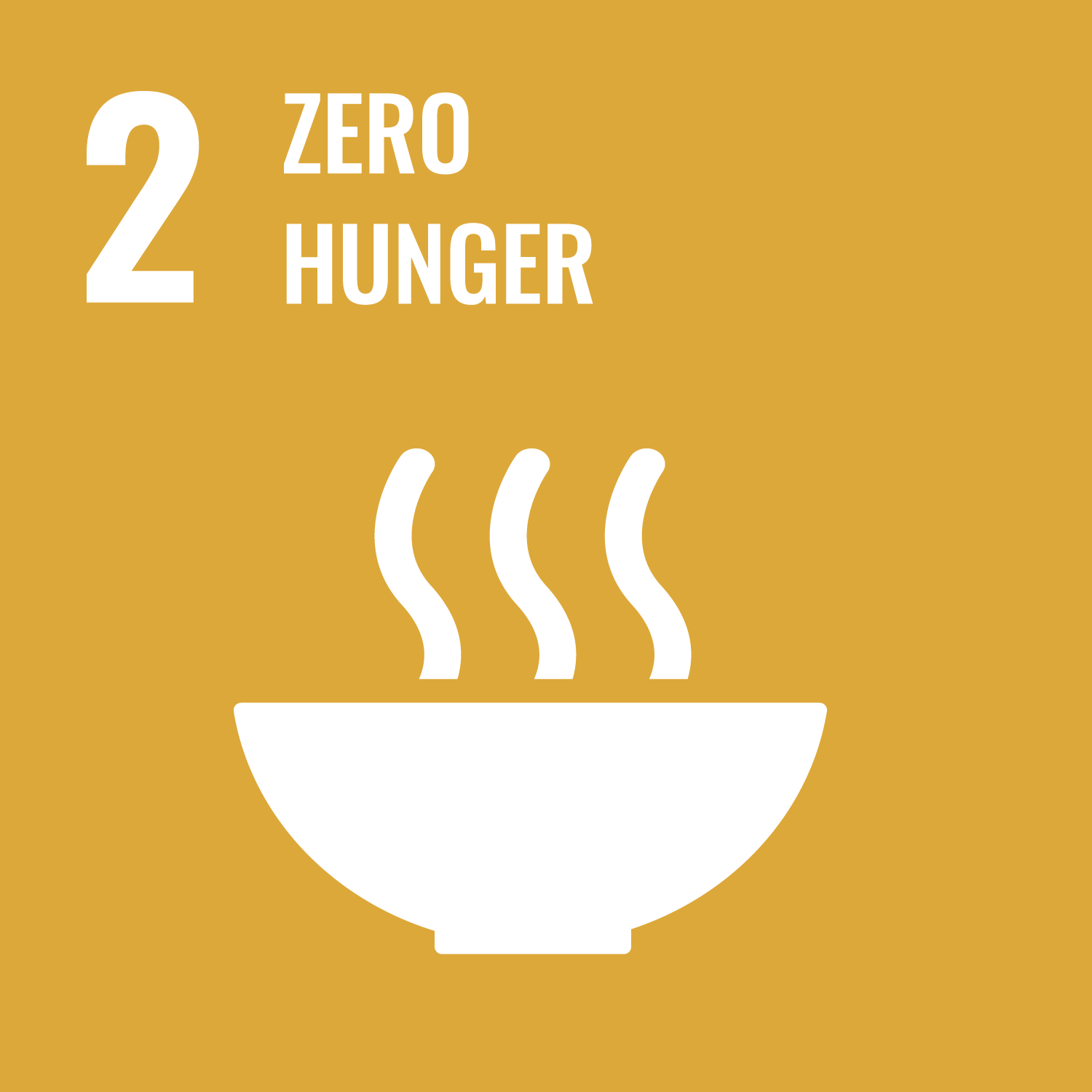
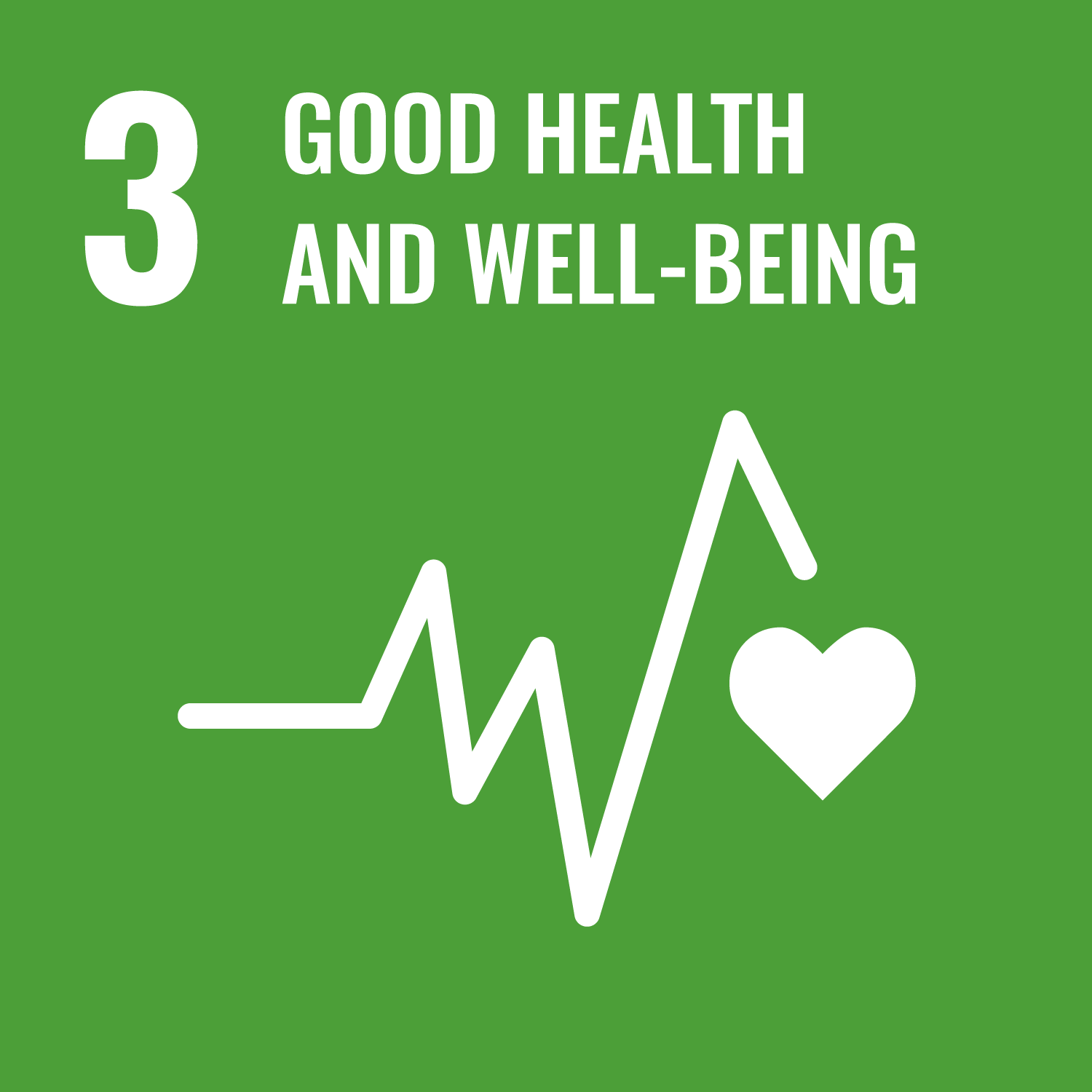

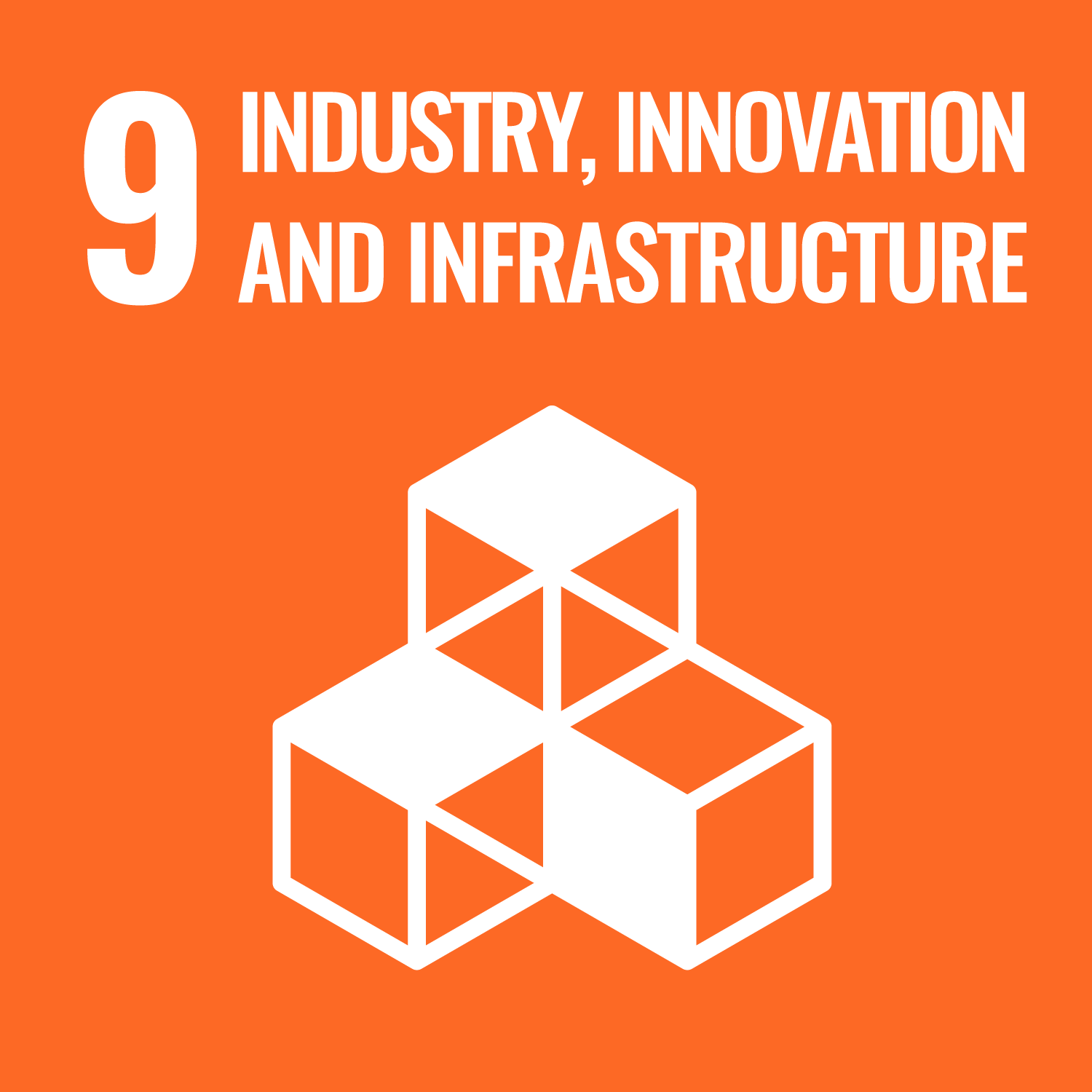
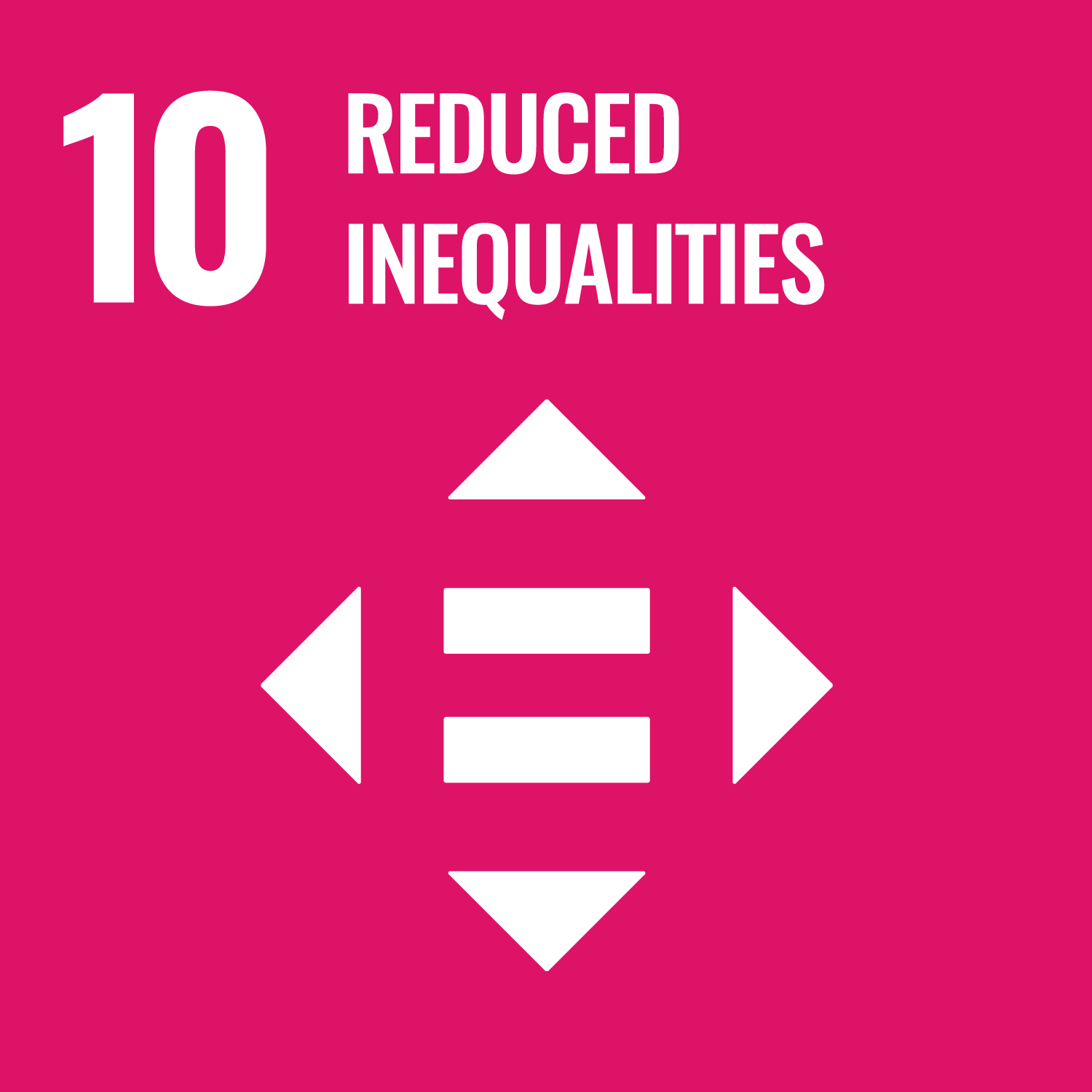
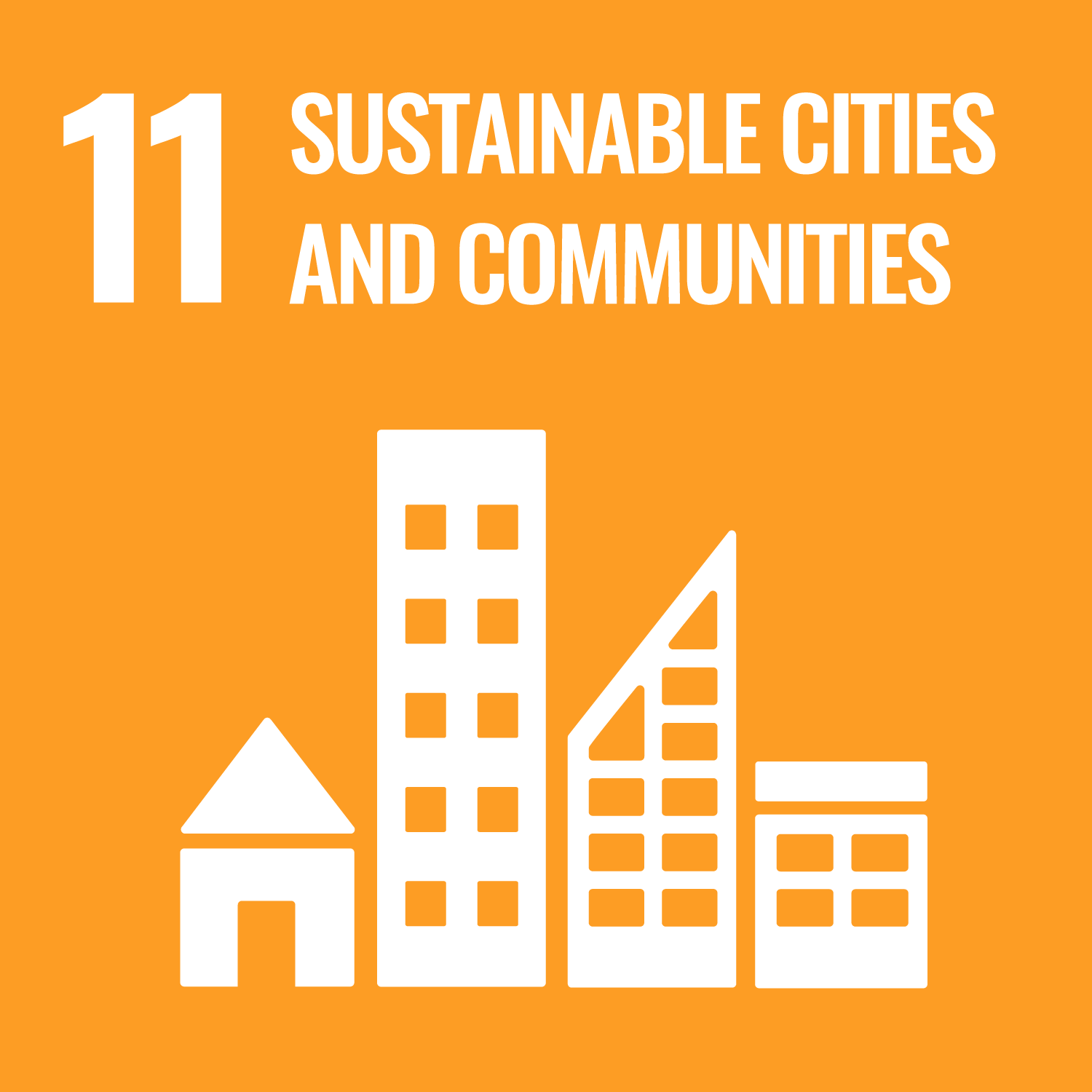
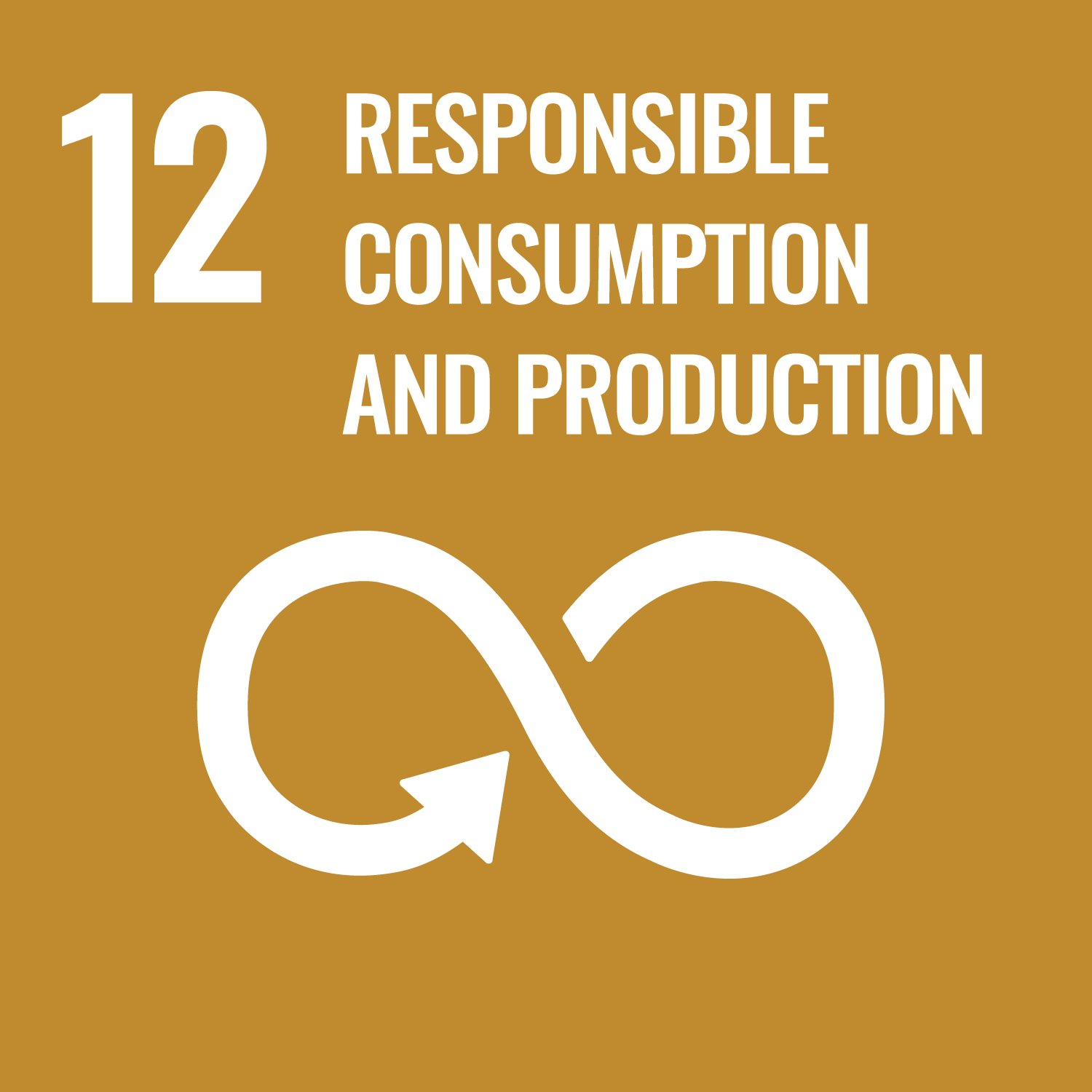
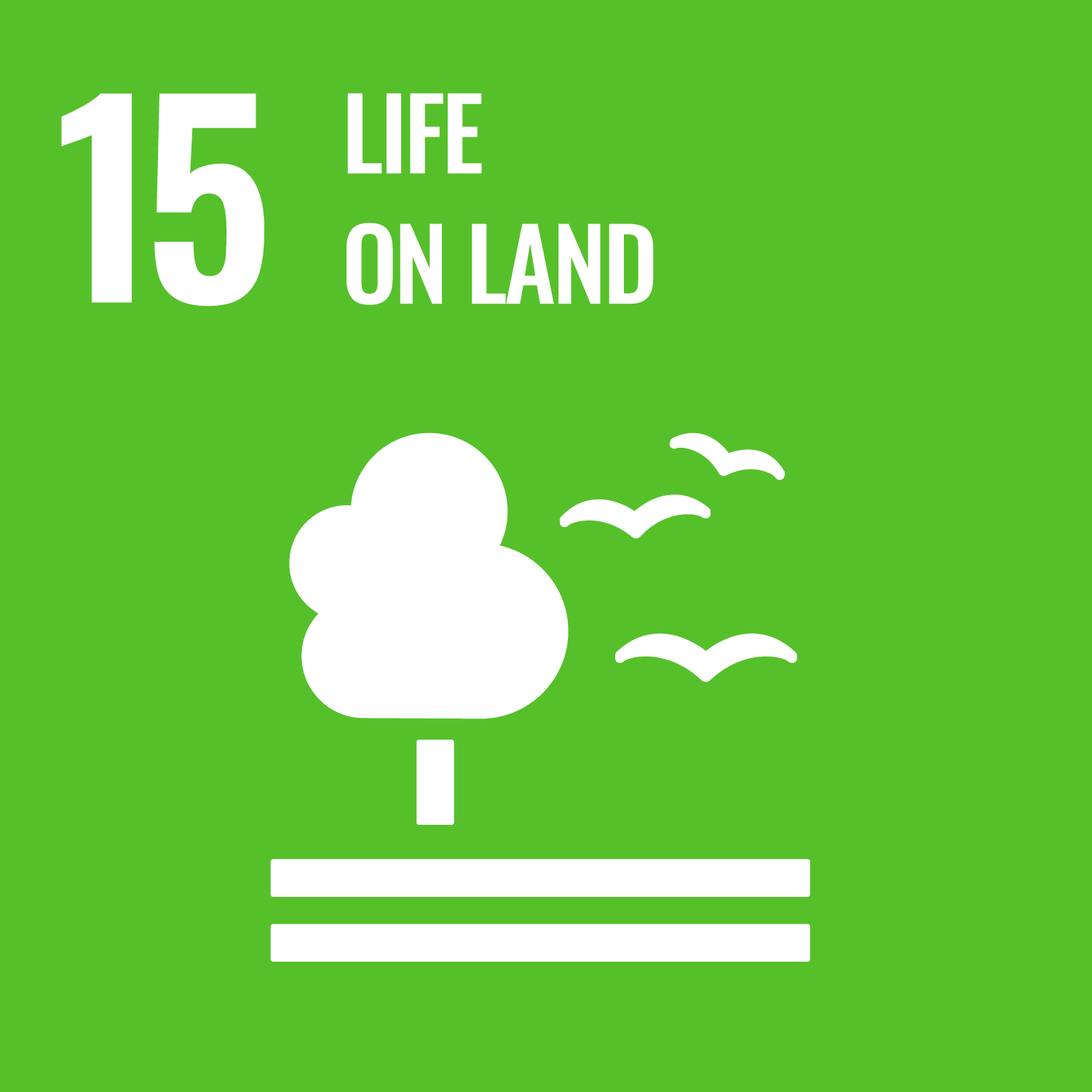
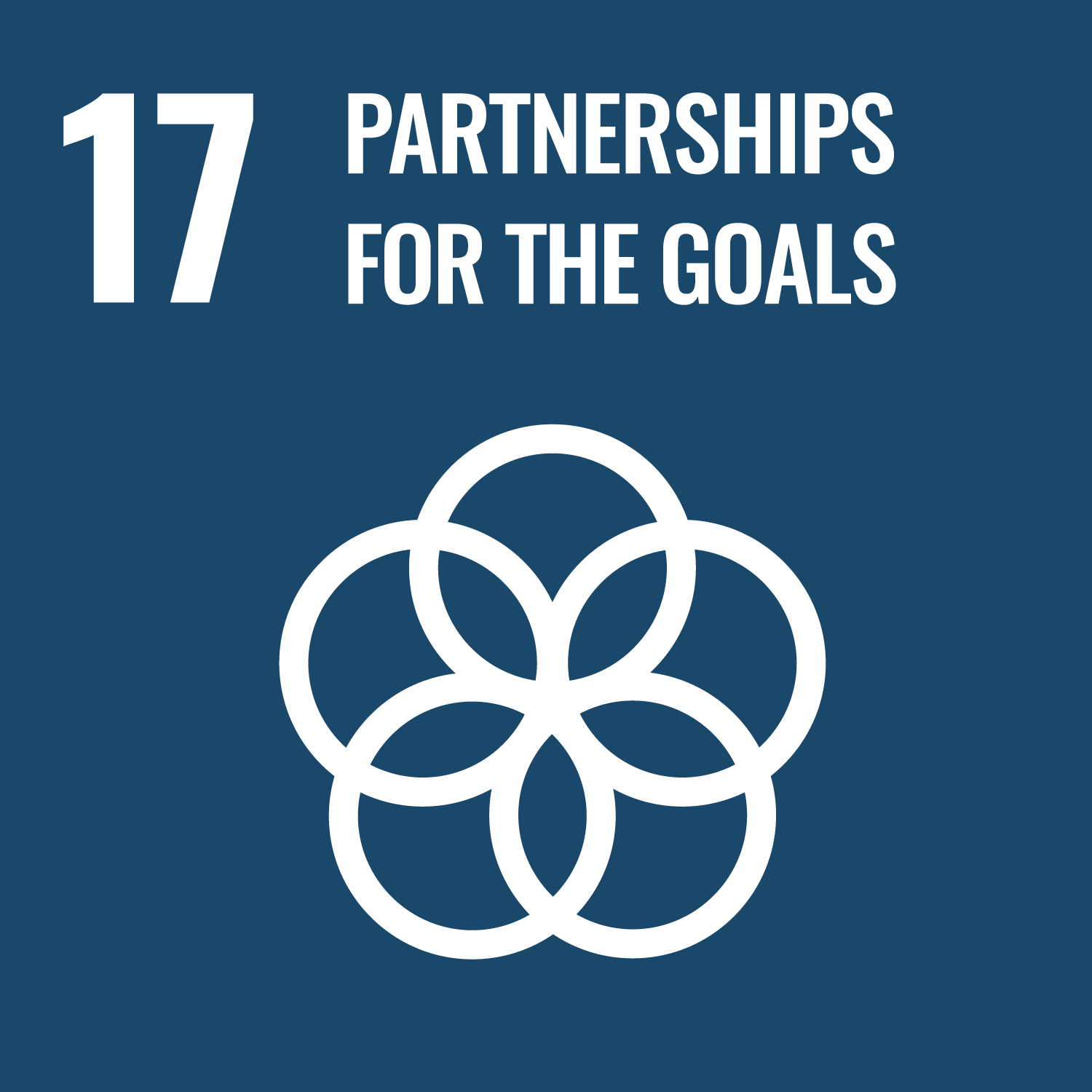
- Armenia Dairy Productivity DIB
- General overview
- Intervention
- Target population
- Location
- Outcome metrics
- Last data update
- Spreadsheet of data
- Armenia Dairy Productivity DIB
- General overview
- Intervention
- Target population
- Location
- Outcome metrics
- Last data update
- Spreadsheet of data
General overview
Stage of development: Early stage
Policy sectors: Employment and private sector development / Agriculture
Type of instrument: Impact Bond
Delivery locations: Shirak, Armenia
Country classification: Upper-middle-income
Expected launch date: Q2 - 2023 or later
Project design process began: 2020/2021
Max potential outcome payment: USD 4m
Intervention
Social or environmental challenge
The poverty rate in the Shirak region is significantly higher than the Armenian average and agriculture, particularly dairy farming, is a key source of income. Dairy farming is however charactrised by low-input subsistence activity that leads to persistently high levels of smallholder poverty, indebtedness and outward migration. Low dairy productivity coupled with market failures in the dairy value chain mean that the market operates at a low-level equilibrium of poor quality and low prices, with little possibility of smallholders being able to pull themselves out of poverty
Description of the intervention
Holistic intervention that could include a multifaceted service package designed across four pillars of infrastructure, agricultural practices, operations and market linkages:
1) Infrastructure: provide capital for processor and/or smallholder infrastructure investments, acting as co-finance where existing grant-programmes exist.
2) Agricultural practices: provide training and vet services to improve smallholder practices.
3) Operations: provide temporary input subsidies, which could be used to de-risk the additional costs associated with adopting new on-farm practices.
4) Market linkages: support the development of market infrastructure/systems to promote quality-responsive milk pricing from processors, including the potential introduction of milk collection and cooling points.
Target population
Dairy processors and smallholders (with between 3 and 19 cows) in Shirak
Location
Country:
- Armenia
Locality:
- Shirak, Armenia
Outcome metrics
- Animal welfare improvement: instances of satisfactory animal welfare standards being met. Improved milk quality: proportion of smallholders achieving sustained quality in their milk production. Formalization of Milk Collection and Cooling Points - processor linkages: establishing a formal contract between milk collection and cooling points and processors and enhance export readiness. Income per household, net of production costs: increase in household income measured against a baseline taken at the beginning of the programme. Reduction of poverty and migration levels
Last data update
Data for this pipeline project was last updated in April 2022.
You might have noticed that some pipeline projects have more data than others. This is because organisations can share as much data as they want with the INDIGO initiative. If you have more data on one of these pipeline projects and would like to share with us, please get in touch at indigo@bsg.ox.ac.uk. Our full list of variables and data definitions can be found here.
Spreadsheet of data
Important Notice and Disclaimer on INDIGO Data
INDIGO data are shared for research and policy analysis purposes. INDIGO data can be used to support a range of insights, for example, to understand the social outcomes that projects aim to improve, the network of organisations across projects, trends, scales, timelines and summary information. The collaborative system by which we collect, process, and share data is designed to advance data-sharing norms, harmonise data definitions and improve data use. These data are NOT shared for auditing, investment, or legal purposes. Please independently verify any data that you might use in decision making. We provide no guarantees or assurances as to the quality of these data. Data may be inaccurate, incomplete, inconsistent, and/or not current for various reasons: INDIGO is a collaborative and iterative initiative that mostly relies on projects all over the world volunteering to share their data. We have a system for processing information and try to attribute data to named sources, but we do not audit, cross-check, or verify all information provided to us. It takes time and resources to share data, which may not have been included in a project’s budget. Many of the projects are ongoing and timely updates may not be available. Different people may have different interpretations of data items and definitions. Even when data are high quality, interpretation or generalisation to different contexts may not be possible and/or requires additional information and/or expertise. Help us improve our data quality: email us at indigo@bsg.ox.ac.uk if you have data on new projects, changes or performance updates on current projects, clarifications or corrections on our data, and/or confidentiality or sensitivity notices. Please also give input via the INDIGO Data Definitions Improvement Tool and INDIGO Feedback Questionnaire.